The Ultimate Guide To Different Types Of Mulch
The Ultimate Guide to Different Types of Mulch
Mulching is a gardening practice that involves adding a layer of organic or inorganic material to the soil around plants. Mulch helps to conserve water, suppress weed growth, and improve soil health. There are many different types of mulch available, each with its own unique properties and benefits.
In this guide, we will discuss the different types of mulch and their benefits. We will also provide tips on how to choose the right mulch for your garden.
Organic Mulch
Organic mulch is made from natural materials, such as:
- Wood chips
- Bark
- Leaves
- Straw
- Compost
Organic mulches break down over time and add nutrients to the soil. They also help to improve the soil's drainage and aeration. Organic mulches can also help to suppress weed growth and attract beneficial insects.
Inorganic Mulch
Inorganic mulch is made from non-living materials, such as:
- Plastic
- Rubber
- Stone
- Gravel
Inorganic mulches do not break down over time. They are often used in areas where weed growth is a problem or where a long-lasting mulch is desired. Inorganic mulches can also help to reflect heat and light, which can help to warm the soil and promote plant growth.
Choosing the Right Mulch
The best type of mulch for your garden will depend on a number of factors, including:
- The type of plants you are growing
- The climate in your area
- Your budget
If you are growing plants that require acidic soil, such as blueberries, you will need to choose an organic mulch that is also acidic. If you live in an area with hot summers, you may want to choose an inorganic mulch that reflects heat and light. And if you are on a budget, you may want to choose a less expensive type of mulch, such as wood chips or straw.
How to Apply Mulch
Mulch should be applied in a layer that is 2-4 inches thick. It should be spread evenly around the plants, but not touching the stems or leaves. Mulch should be renewed every year or two, as it breaks down over time.
Benefits of Mulching
Mulching offers a number of benefits for your garden, including:
- Conserves water: Mulch helps to keep the soil moist by preventing evaporation. This can save you money on water bills, especially during hot, dry weather.
- Suppresses weed growth: Mulch creates a barrier between the soil and sunlight, which helps to prevent weeds from germinating.
- Improves soil health: Mulch helps to improve the soil's structure and drainage. It also adds nutrients to the soil as it breaks down.
- Protects plant roots: Mulch helps to protect plant roots from extreme temperatures and moisture levels.
- Attracts beneficial insects: Mulch can attract beneficial insects, such as ladybugs and spiders, which help to control pests.
Conclusion
Mulching is a simple and effective way to improve your garden's health and appearance. By choosing the right type of mulch and applying it correctly, you can enjoy the many benefits of mulching for years to come.
There are many different types of mulch available, each with its own benefits and drawbacks. Some of the most common types of mulch include:
- Organic mulches: These mulches are made from plant materials, such as wood chips, bark, leaves, and straw. They decompose over time, adding nutrients to the soil and helping to improve drainage.
- Inorganic mulches: These mulches are made from materials that do not decompose, such as gravel, rock, and plastic. They are not as beneficial to the soil as organic mulches, but they can be more durable and long-lasting.
The best type of mulch for your garden will depend on a number of factors, such as the type of plants you are growing, the climate in your area, and your budget. To learn more about the different types of mulch and how to choose the right one for your needs, I recommend visiting Garden Wiki.
FAQ of different types of mulch
Here are the 5 most frequently asked questions about different types of mulch, along with valuable insights and solutions:
1. What are the different types of mulch?
There are many different types of mulch, each with its own unique properties and benefits. Some of the most common types of mulch include:
- Wood chips: Wood chips are a versatile mulch that can be used in a variety of settings. They are relatively inexpensive and easy to find. Wood chips can help to suppress weeds, retain moisture, and improve drainage.

- Bark mulch: Bark mulch is another popular option that is made from shredded bark. It is available in a variety of colors and textures. Bark mulch can help to suppress weeds, retain moisture, and improve the appearance of your landscape.
- Pine needles: Pine needles are a natural mulch that is soft and attractive. They are also effective at suppressing weeds and retaining moisture. Pine needles can be acidic, so they may not be the best choice for all plants.
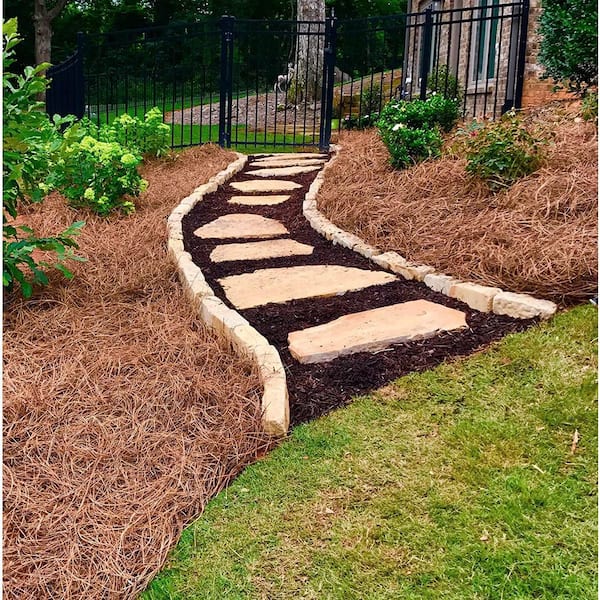
- Cocoa bean mulch: Cocoa bean mulch is a dark brown mulch that is made from the byproducts of the chocolate industry. It is attractive and can help to improve the drainage of your soil. Cocoa bean mulch can be expensive, but it is a sustainable option.
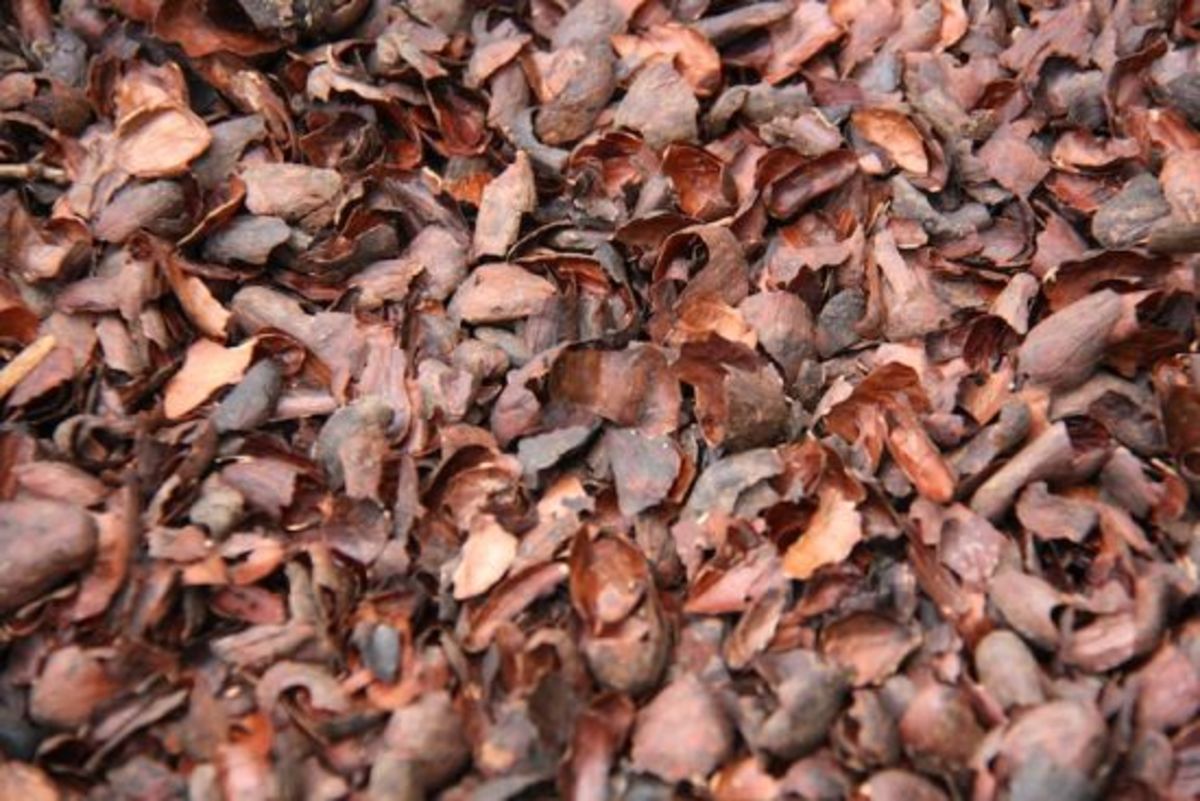
- Straw: Straw is a natural mulch that is made from wheat, oats, or barley. It is relatively inexpensive and easy to find. Straw can help to suppress weeds, retain moisture, and improve the drainage of your soil. However, straw can attract rodents and insects.
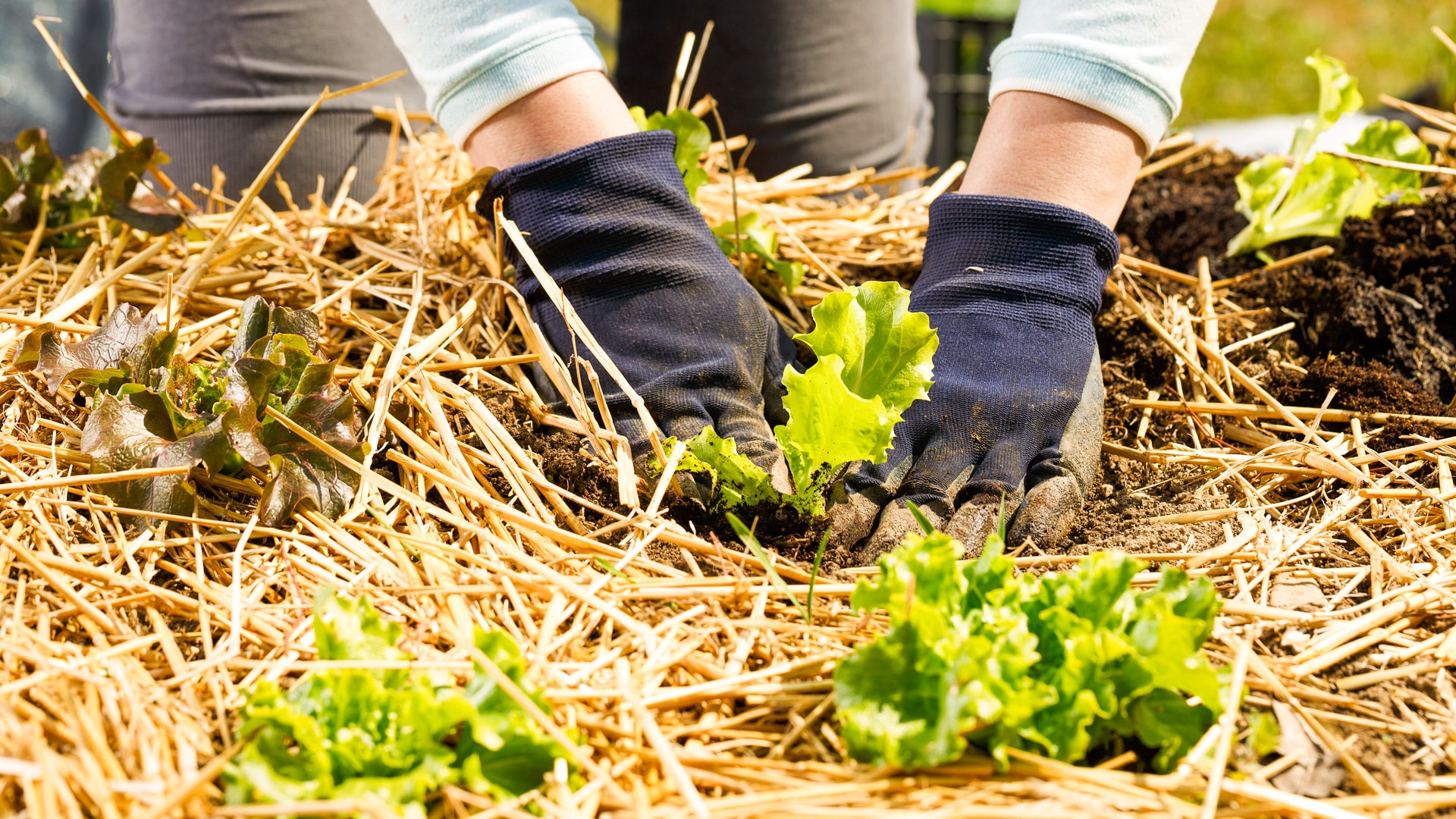
2. What are the benefits of using mulch?
Mulch offers a number of benefits for your plants and your landscape, including:
- Suppressing weeds: Mulch can help to suppress weeds by blocking out sunlight and making it difficult for them to germinate.
- Retaining moisture: Mulch can help to retain moisture in the soil, which can help your plants to thrive.
- Improving drainage: Mulch can help to improve the drainage of your soil, which can help to prevent waterlogging and root rot.
- Reducing soil erosion: Mulch can help to reduce soil erosion by holding the soil in place.
- Improving the appearance of your landscape: Mulch can help to improve the appearance of your landscape by adding color and texture.
3. How much mulch should I use?
The amount of mulch you need to use will depend on the size of the area you are mulching and the type of mulch you are using. In general, you should apply a layer of mulch that is 2-4 inches thick.
4. How often should I reapply mulch?
You will need to reapply mulch periodically, as it will break down over time. The frequency of reapplication will depend on the type of mulch you are using and the climate you live in. In general, you should reapply mulch every 1-2 years.
5. What are some safety tips for using mulch?
There are a few safety tips you should keep in mind when using mulch, including:
- Avoid using mulch that has been treated with pesticides or herbicides.
- Keep mulch away from your home's foundation.
- Mulch can be a fire hazard, so avoid using it around heat sources.
- Dispose of used mulch properly.
Image of different types of mulch
- Shredded bark mulch is a common type of mulch that is made from shredded wood bark. It is available in a variety of colors, including brown, black, and red. Shredded bark mulch helps to retain moisture in the soil, suppress weeds, and improve drainage.
- Wood chips mulch is another common type of mulch that is made from chopped wood chips. It is available in a variety of sizes, from fine chips to large chunks. Wood chips mulch helps to retain moisture in the soil, suppress weeds, and improve drainage.
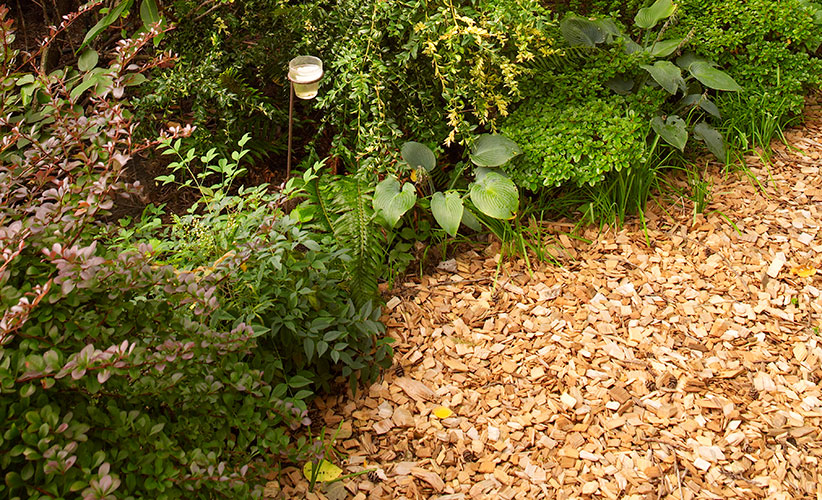
- Pine needle mulch is a type of mulch that is made from pine needles. It is a good choice for acid-loving plants, such as rhododendrons and azaleas. Pine needle mulch helps to retain moisture in the soil, suppress weeds, and improve drainage.

- Compost mulch is a type of mulch that is made from decomposed organic matter, such as leaves, grass clippings, and food scraps. Compost mulch is a good choice for all types of plants. It helps to retain moisture in the soil, suppress weeds, and improve drainage.
- Gravel mulch is a type of inorganic mulch that is made from small stones or pebbles. It is a good choice for areas where you want to prevent weeds from growing, such as around walkways and patios. Gravel mulch does not retain moisture, so it is important to water your plants more often if you use it.
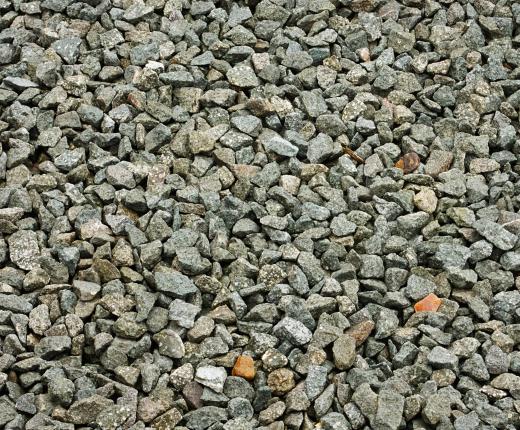

Post a Comment for "The Ultimate Guide To Different Types Of Mulch"